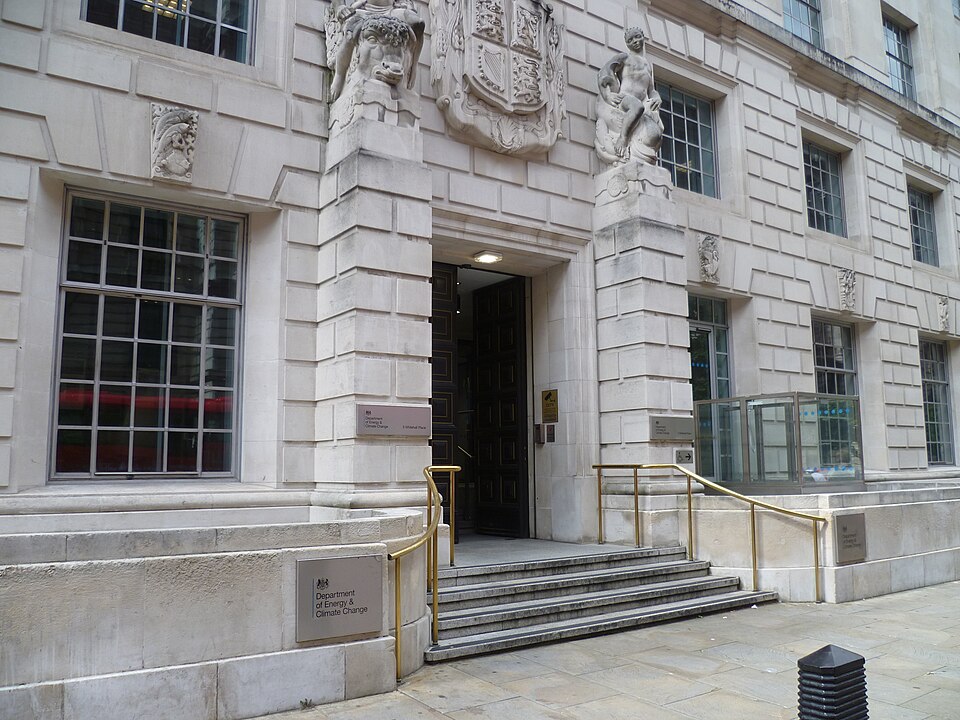
Schools across England are set to save millions of pounds on energy costs as Great British Energy accelerates its nationwide rollout of rooftop solar panels, the government
announced on Monday.
Twenty-three schools — from Notre Dame RC School in Plymouth to Christ the King RC Primary School in Manchester — have already completed installations and are now generating clean electricity on site. More than 250 schools have signed up to follow, securing a share of up to £100 million in joint funding from Great British Energy and the UK government.
Ministers say the savings will be reinvested directly into classrooms, freeing up money for teaching resources, textbooks and technology after years in which volatile global gas markets have driven up school energy bills.
Energy Minister Michael Shanks said: “Great British Energy is helping schools to save money on bills, meaning more money for textbooks and technology.
Across the country, solar panels are going up on rooftops to power classrooms with clean, homegrown power.
This is our clean energy superpower mission in action, protecting our public services with lower bills and energy security”.
Great British Energy’s CEO, Dan McGrail said: “Great British Energy’s ongoing solar rollout delivers tangible benefits to the people that need it most in our hospitals and schools.
This not only provides clean energy to communities, it also ensures that the public own and benefit from these projects through energy security, good jobs and above all, real tangible local outcomes such as more funds to support teaching and health”.
Education Minister Josh MacAlister said: “Solar panels are slashing schools’ energy bills by thousands of pounds year after year, with the money going straight back into the textbooks and resources pupils need to succeed.
This is part of our wider work to drive national renewal, rebuilding more than 750 schools in every corner of the country”.
The rollout focuses on schools and colleges in areas with the greatest need — particularly in the North East, West Midlands and North West — with at least 10 institutions in every region set to benefit. Each region will also involve a further-education college working with contractors to provide skills bootcamps, work placements and workshops aimed at boosting the construction and renewables workforce.
The initiative sits alongside broader government efforts to make public buildings more climate-resilient. New schools are already being constructed to net-zero standards, while curriculum reforms will expand climate and sustainability education from primary years through to a new Natural History GCSE.
All nurseries, schools and colleges are being encouraged to develop climate action plans, supported by Youth Sustainability Champions who will help embed environmental leadership in education settings.
The solar programme forms a key part of the government and Great British Energy’s Local Power Plan, designed to ensure that the economic and environmental benefits of the clean-energy transition are felt in every community — through lower bills, new jobs and stronger public services.
Mark Greatrex, Chief Executive of the Bellevue Place Education Trust, London said: “We are delighted to have Kilburn Grange School and Halley House School enrolled in the Great British Energy’s solar programme in addition to other Bellevue Place Education Trust schools. Last year, all our schools collectively achieved a 9.4% reduction in energy consumption, saving £299K in energy bills, which we can invest back into the education provision for our pupils”.
Nicola Malone, Head Teacher of Christ the King Roman Catholic Primary School, Salford said: “We are very proud that Christ the King is benefitting from the Great British Energy Solar Partnership programme. The solar installation will make a lasting difference for our school, whilst showing our children the value of sustainability and emphasising our shared responsibility for the world around us”. Photo by Philafrenzy, Wikimedia commons.







































